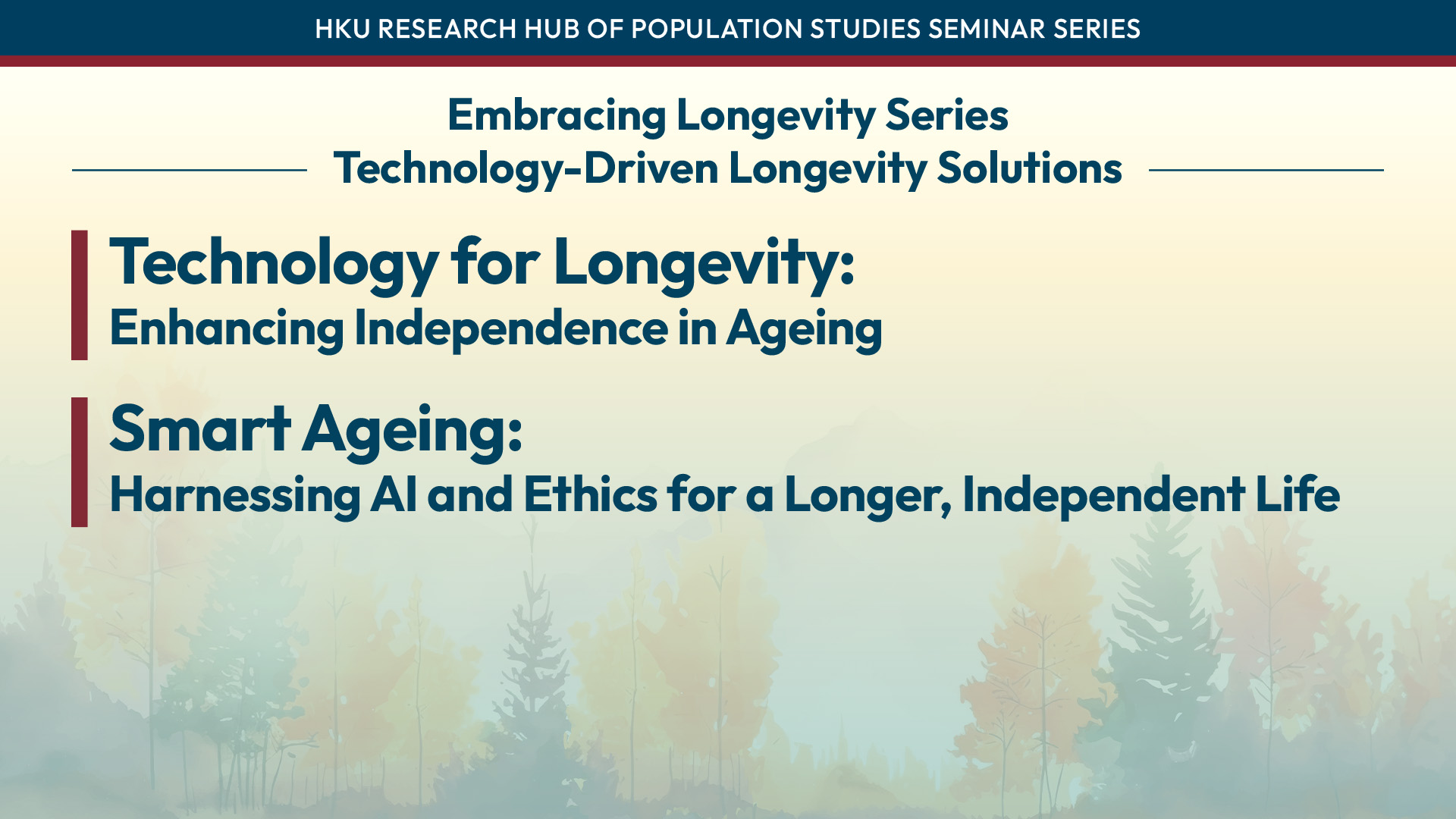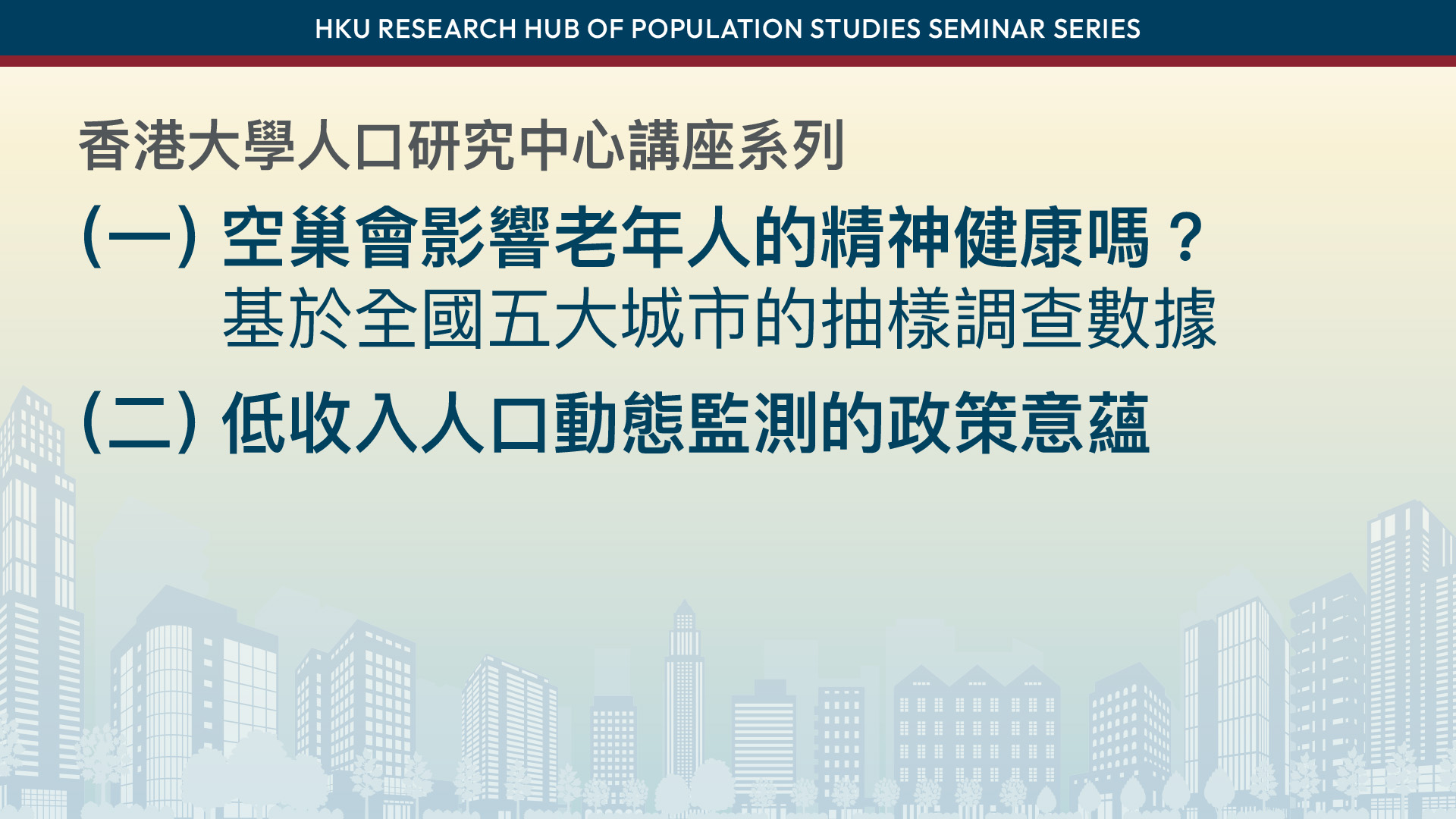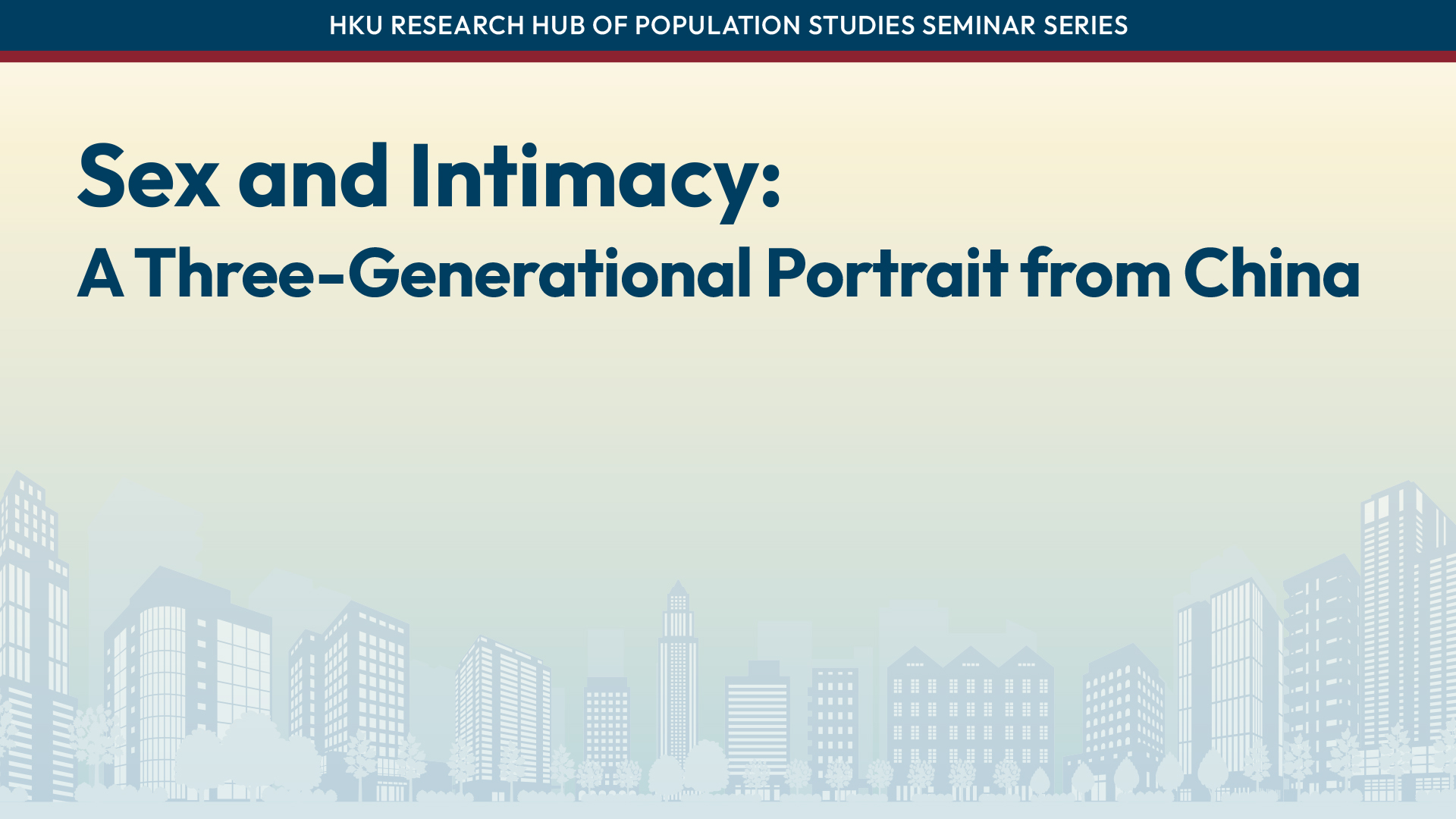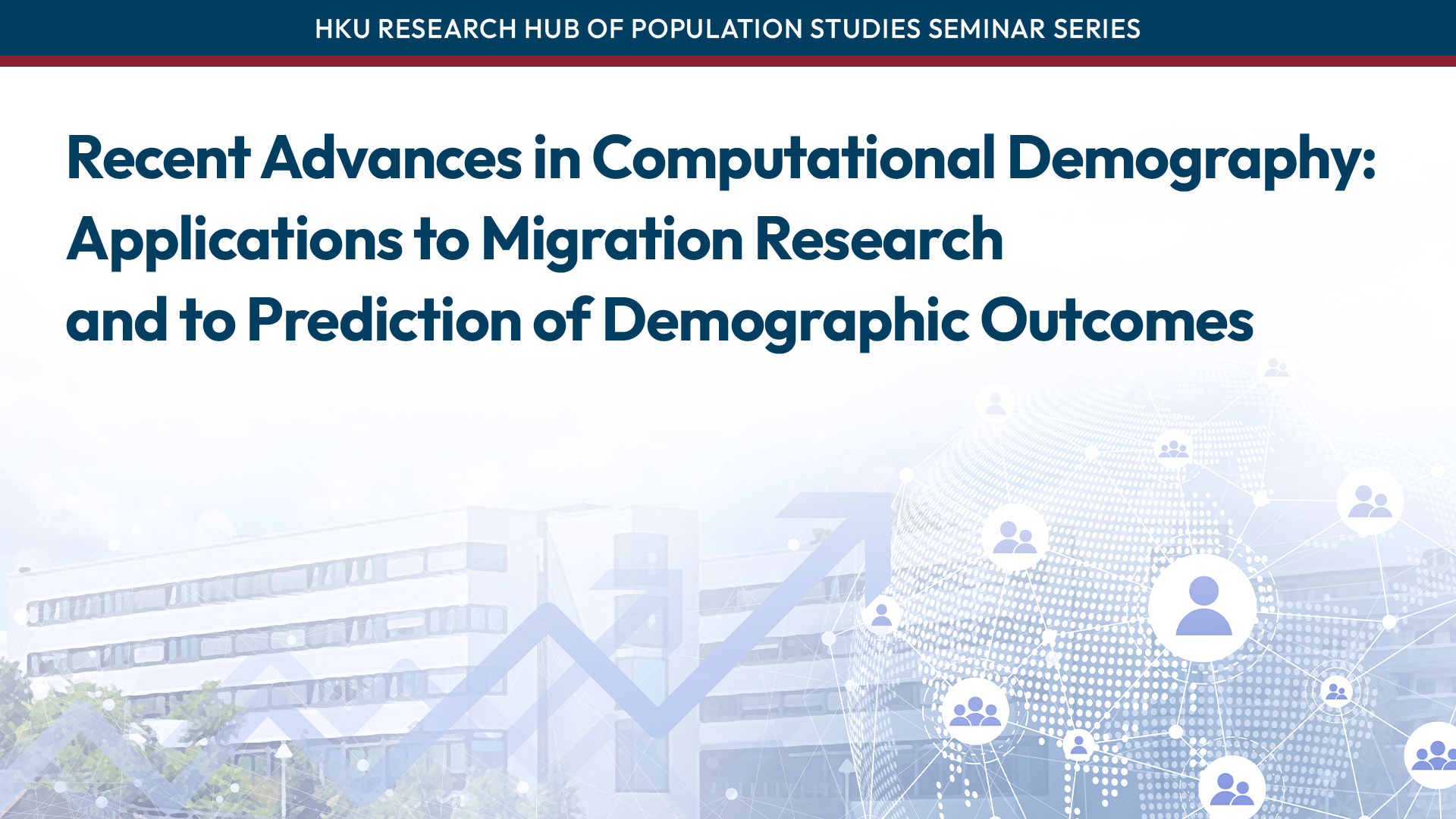April 19, 2024
4:15 - 5:45pm
via Zoom
Many published research findings may be false. Attempts to replicate results from high-profile scientific studies too often contradict the original findings. One source of the problem is the way that statistical hypothesis tests are commonly used in contemporary research. In particular, many scientists misunderstand p-values. The “p < 0.05” threshold was originally intended to protect researchers from over-interpreting random variation. But “statistical significance” is now often wrongly perceived as indicating the scientific robustness of a finding. When a journal editor rejects a manuscript because the p-value is larger than 0.05, publication bias is the logical consequence. In this seminar, Dr Peter Martin will clarify the concepts at the heart of the debate about “statistical significance” and the crisis of replication. He will illustrate common mis-uses of p-values and explain how to avoid them. He will also discuss proposed solutions to the problem, such as open science and registered research reports, as well as the idea of abandoning “statistical significance” altogether.



















